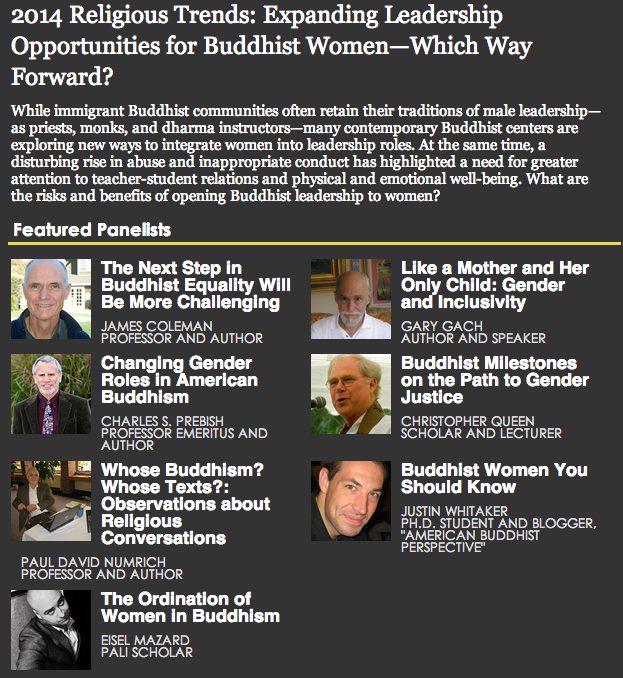 Amy Hollingsworth is the author of the newly-released book Letters from the Closet: Ten Years of Correspondence That Changed My Life, which is described by its publisher — Howard Books — in this way:
Amy Hollingsworth is the author of the newly-released book Letters from the Closet: Ten Years of Correspondence That Changed My Life, which is described by its publisher — Howard Books — in this way:
Timely and relevant, this is a love story of the most contemporary kind. It’s a rare and beautiful glimpse into an intimate, but platonic, relationship between a gay English teacher and his young female protégée—each seeking connection and acceptance.
Now the student-turned-author looks back at the decade of letters that preceded her teacher’s untimely death. She collects the shards left by their clumsy, sometimes violent, attempts to unmask each other and counts the cost of knowing and being known.
Alternating between letter excerpts and a beautiful narrative from Amy, the story unfolds, making readers privy to a very personal tribute to the teacher who profoundly changed her life. As you enter their unveiled world, you’ll see truth reflected in their raw insights—and you’ll discover new revelations for your own life.
Amy is also the author of the books The Simple Faith of Mister Rogers: Spiritual Insights from the World’s Most Beloved Neighbor, Gifts of Passage: What the Dying Tell Us with the Gifts They Leave Behind, and Holy Curiosity: Cultivating the Creative Spirit in Everyday Life (for which I was honored to write a blurb).
Once, at my old Blogger blog, I posted about what I perceived as the influence of desert spirituality and the pastoral theology of Henri J.M. Nouwen on the work of television personality and Presbyterian minister Fred Rogers of PBS’s Mister Rogers’ Neighborhood. Due to some linkage from bigger, better blogs, the post got a ton of traffic and was for a while the most-read post I ever wrote. One of the results of that experience was that I began a friendly correspondence with Amy, a former writer/researcher for the 700 Club who was at the time working on the book that became The Simple Faith of Mister Rogers. Amy had initially sent me an email to say that Nouwen and Rogers were in fact quite good friends and that Nouwen’s work certainly did influence Mister Rogers. We’ve stayed in touch ever since.
Amy sent me a copy of Letters from the Closet not long ago, and graciously agreed to be interviewed via email for this blog. Though Buddhism doesn’t come up, our conversation certainly touches on issues of compassion and justice that I think will certainly resonate with readers of this blog.
*
In Letters from the Closet, you write of your friendship with John that what you both wanted was “to be read. To be asked. To have someone in our lives we couldn’t fool.” Considering the secrets you both were living with, as well as the time at which you and John were writing to each other, I can understand why these would be things you both would want. But can you share what you learned then — and, more recently, as you were looking at the letters again and writing the book — about secrets and the nature of friendship more broadly-speaking?
One of the things I write in Letters from the Closet is that I was grateful to have shared my secret and to have known John’s, “because the skeleton in your closet isn’t as scary when someone else knows it’s there.” That’s universally true, I think, but beyond that, in my particular case, I needed someone to see past the façade I had created as a teenager. Even my parents didn’t know that their daughter could appear perfect on the outside and be a mangled mess on the inside. I have five sisters, and my parents would always say, “You were the one kid we didn’t have to worry about.” That proved to be dramatically untrue. I needed John because he was the one person in my life I couldn’t fool.
The secrets bound us together, but that’s not what made our relationship intimate: “Love is tricky. It can take something as flimsy as a lie and bind two people together with it, pressing them into a corner until the truth will out.” The secrets were only the beginning. What made our relationship what it was in the end was going beyond the secrets to really knowing each other. That is messy and unpredictable; it costs something. It cuts deeper than a sharing a secret.
John wrote in a letter to me: “A teacher is like a book, wasted until he’s read. A student has to do that. You’ve done that.” But that’s true of all of us, isn’t it? We’re all wasted until we’re read. We all need that one person in our lives we can’t fool. When I was transcribing John’s letters—which came to over 25,000 words!—I called my mom to read her an excerpt from one of them. She said, “I wish that were me.” I said, “What do you mean? You wish you had received that letter?” She said, “No, I wish it were me who had a relationship with someone like that in my lifetime.” And she’s 79! So I think it’s possible to go through life and feel as if no one really, truly knows you.
What are we missing in your letters? Obviously, we don’t have those included here and rely on you to reconstruct aspects of them in your “post mortem visits” with John. What might we learn from you if we had letters from John’s closet, do you think?
I think we learn a lot about my letters from John’s reaction to them; he tended to chastise me for dwelling on the superficial (booze and boys, for example), although at other times he commends me for writing about literature or philosophy or Freud. That aspect of our relationship seemed to bother him the most, that I could be sensible and deep-thinking on the one hand and so unreasonable and plastic on the other. I had just turned 18 when we first started writing letters; straddling those two worlds should have been understood. But I think John wished I would hurry and grow up already.
You indicated in a Facebook status update recently that the book has been “shut out of Christian bookstores and Christian media.” I suppose this blog’s readers and I could certainly imagine why, but I’d rather get your explanation or guess — I think something useful might come out of just asking you directly: Why is this happening, do you think? What has this experience been like for you?
It’s been tremendously hurtful. It feels like a personal rejection, even though I don’t think the bookstore owners or media outlets have bothered to read the book. Someone who has read Letters from the Closet asked me, “How can anyone reject this book that is written from the honest perspective of a changed life? What about the love and redemption in it? The ability for ask for forgiveness and mete out the same?” Those elements—a changed life, love, redemption, forgiveness—form the core of the Christian faith. But because my teacher was gay, the Christian bookstores and media outlets will not consider the story at all. The fact that I credit John’s acceptance of me as one of the things that led me to God causes too much dissonance for them.
If I’ve learned anything from writing this book it is that we all have closets. We all have secrets. We all have things that make us feel like outcasts. But there are those who would judge one person as more of an outcast than another. Someone who heard of my rejection—and equally John’s rejection—said to me: “Shame on those who would reject honesty for the sake of being righteous.”
Your earlier book The Simple Faith of Mister Rogers not only looks at the theology of Fred Rogers, but also recounts your fascinating and quite lovely friendship with him. You just presented at the conference on the ministry of Mister Rogers at the Pittsburgh Theological Seminary. What can you tell us about the conference? What was your experience like?
It was healing. I had just learned of the rejection from the Christian bookstores, and I was still reeling from the news when I traveled to speak at the conference. One of the things I touched on in my keynote address at Fred’s alma mater is his theology of neighbor, which carries with it two choices: you can either be an advocate or an accuser. I related what had happened to me the week before the conference, how I had been accused of writing a book that did not honor God. The community who attended the conference lifted me up; they responded to my hurt by advocating for me. I don’t think I’ve ever felt more loved and accepted in my life. The very first time I met Fred Rogers, he said, “The best gift you can offer another person is your honest self.” That’s what I did when I wrote Letters from the Closet, and I feel sure Fred would be very proud of it.
You’ve taken on some pretty interesting topics in your last few books. So, now, the inevitable question: What’s next, Amy?
My 21-year-old son Jonathan and I are writing a book together. Since the proposal is currently being reviewed by publishers, I can’t say too much about the content. But I love working with my son, even with all the friction. Writing a book with him is like arguing with myself—if I were taller and better looking.











